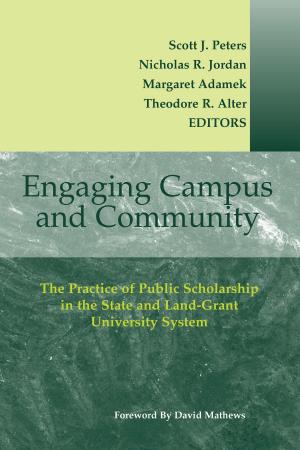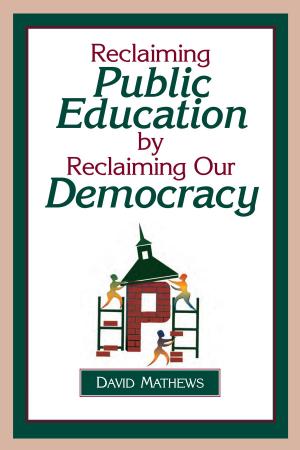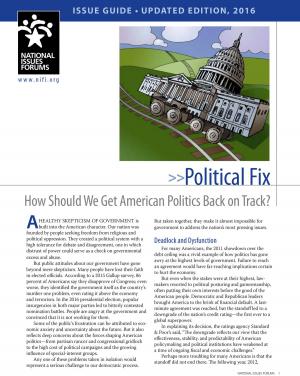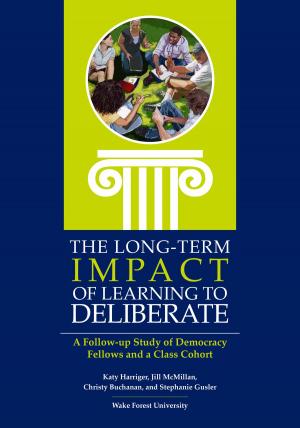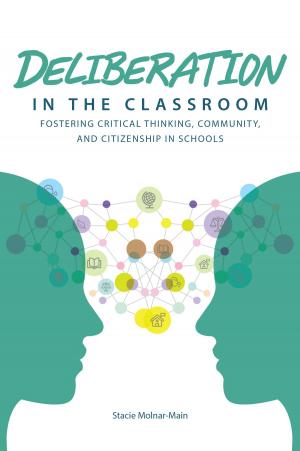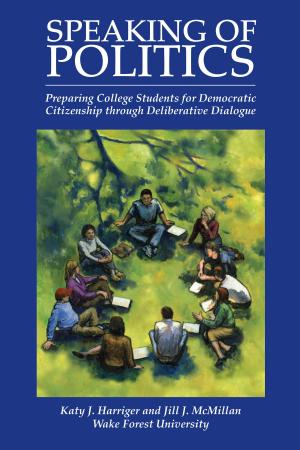Classrooms for Democracy
Experiments with Deliberation and Russian University Students
Nonfiction, Social & Cultural Studies, Political Science, Government, Civics, Reference & Language, Education & Teaching, Higher Education| Author: | Denis Makarov | ISBN: | 9781945577208 |
| Publisher: | Kettering Foundation | Publication: | April 14, 2017 |
| Imprint: | Kettering Foundation | Language: | English |
| Author: | Denis Makarov |
| ISBN: | 9781945577208 |
| Publisher: | Kettering Foundation |
| Publication: | April 14, 2017 |
| Imprint: | Kettering Foundation |
| Language: | English |
Classrooms for Democracy, by Denis V. Makarov, documents a project, carried out by the Foundation for Development of Civic Culture, in collaboration with the Department of Political Science and Sociology, Moscow State Pedagogical University, that undertook comprehensive research on how deliberative, politically oriented communication in college courses, along with other helpful educational methods and tools, could improve the way in which institutions of higher education in Russia carry out responsible civic and democratic missions.
This book details the project's five stages, carried out over five academic years. The first two stages examined Russian universities' and colleges' exposure to the civic and political agendas of their society. The researchers looked for the potential that higher education could offer for the country's democratic development. Stages three and four experimented with different educational practices related to deliberative pedagogy. Five public issues were framed and conducted within the National Issues Forums format. The purpose of these experiments was to understand the impact that a wider presence of deliberative pedagogy might have on Russian education. The goal of the fifth stage was to synthesize and critically analyze outcomes collected during the previous stages of research and to address the current state of the civic attitudes of college students, challenges of introducing public politics, and prospects for the current generation of college students. The book includes a foreword by Juan Pablo Beca.
Classrooms for Democracy, by Denis V. Makarov, documents a project, carried out by the Foundation for Development of Civic Culture, in collaboration with the Department of Political Science and Sociology, Moscow State Pedagogical University, that undertook comprehensive research on how deliberative, politically oriented communication in college courses, along with other helpful educational methods and tools, could improve the way in which institutions of higher education in Russia carry out responsible civic and democratic missions.
This book details the project's five stages, carried out over five academic years. The first two stages examined Russian universities' and colleges' exposure to the civic and political agendas of their society. The researchers looked for the potential that higher education could offer for the country's democratic development. Stages three and four experimented with different educational practices related to deliberative pedagogy. Five public issues were framed and conducted within the National Issues Forums format. The purpose of these experiments was to understand the impact that a wider presence of deliberative pedagogy might have on Russian education. The goal of the fifth stage was to synthesize and critically analyze outcomes collected during the previous stages of research and to address the current state of the civic attitudes of college students, challenges of introducing public politics, and prospects for the current generation of college students. The book includes a foreword by Juan Pablo Beca.






